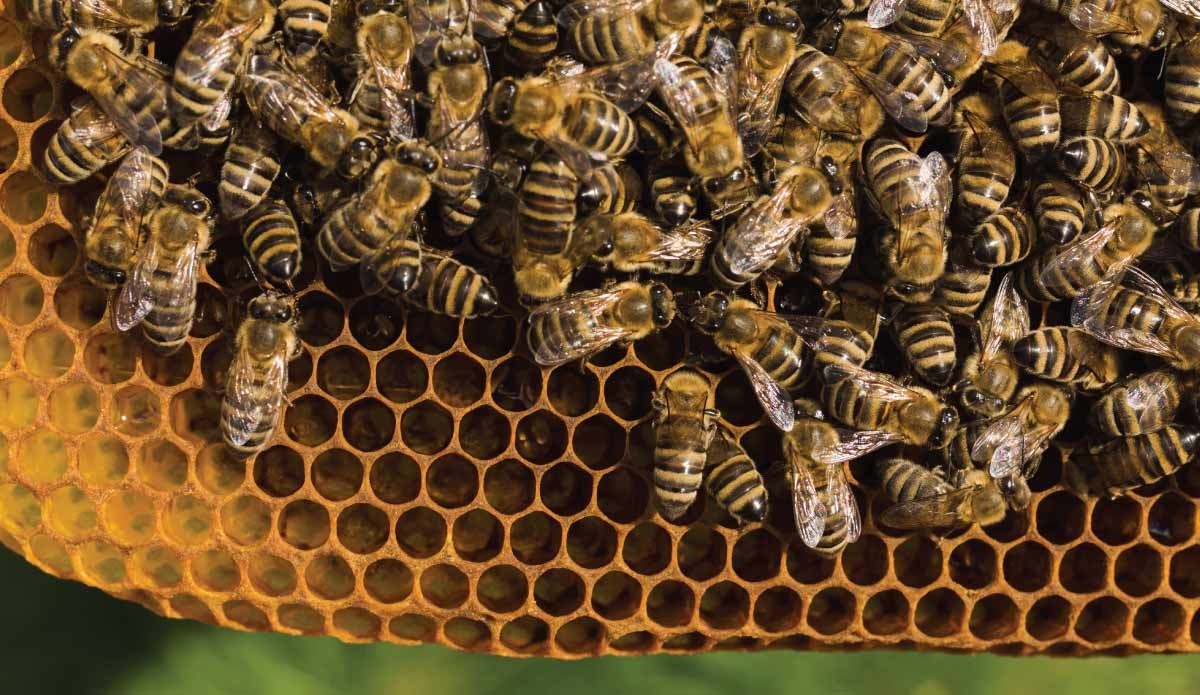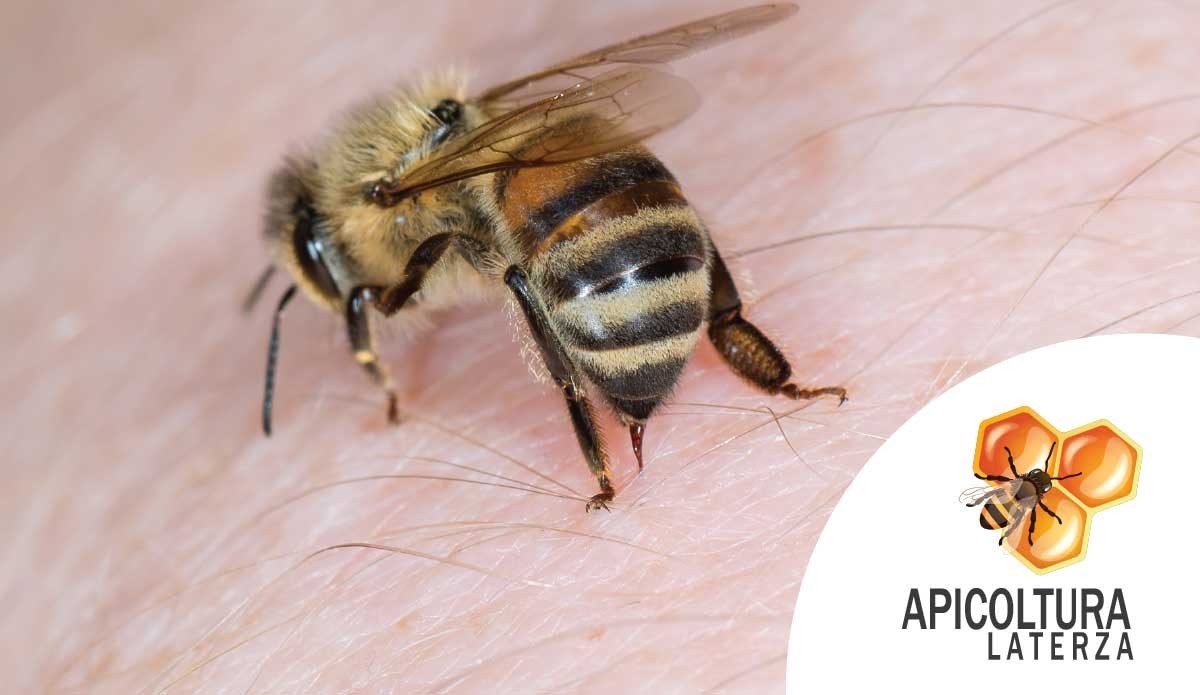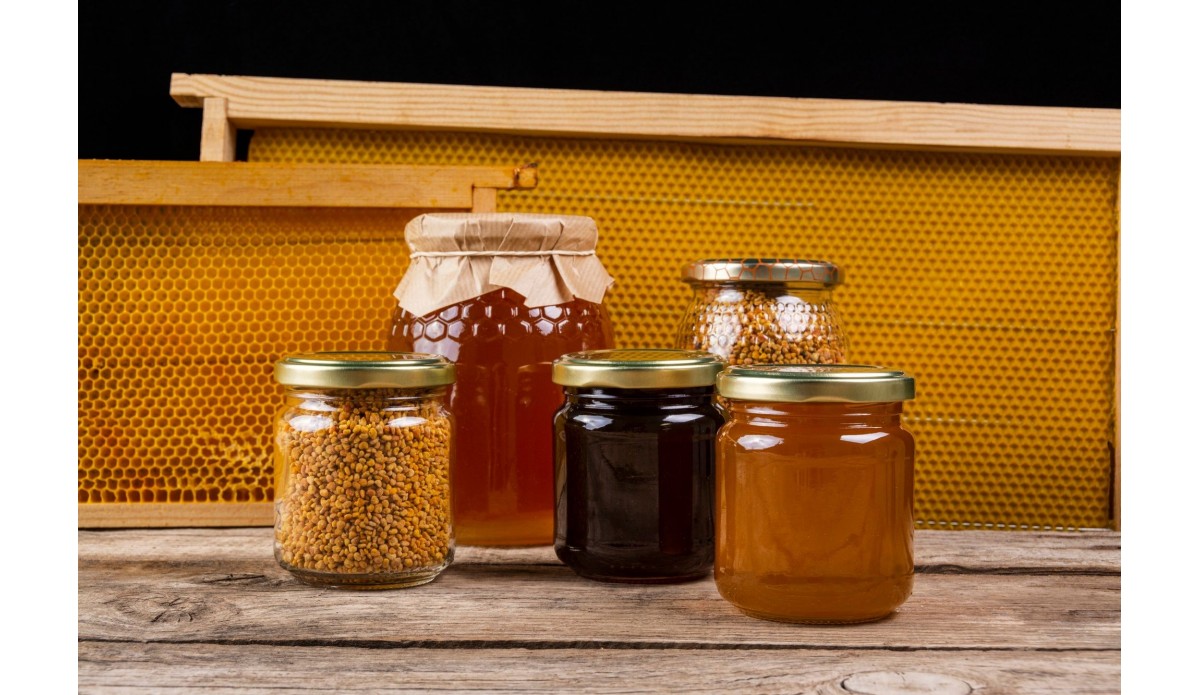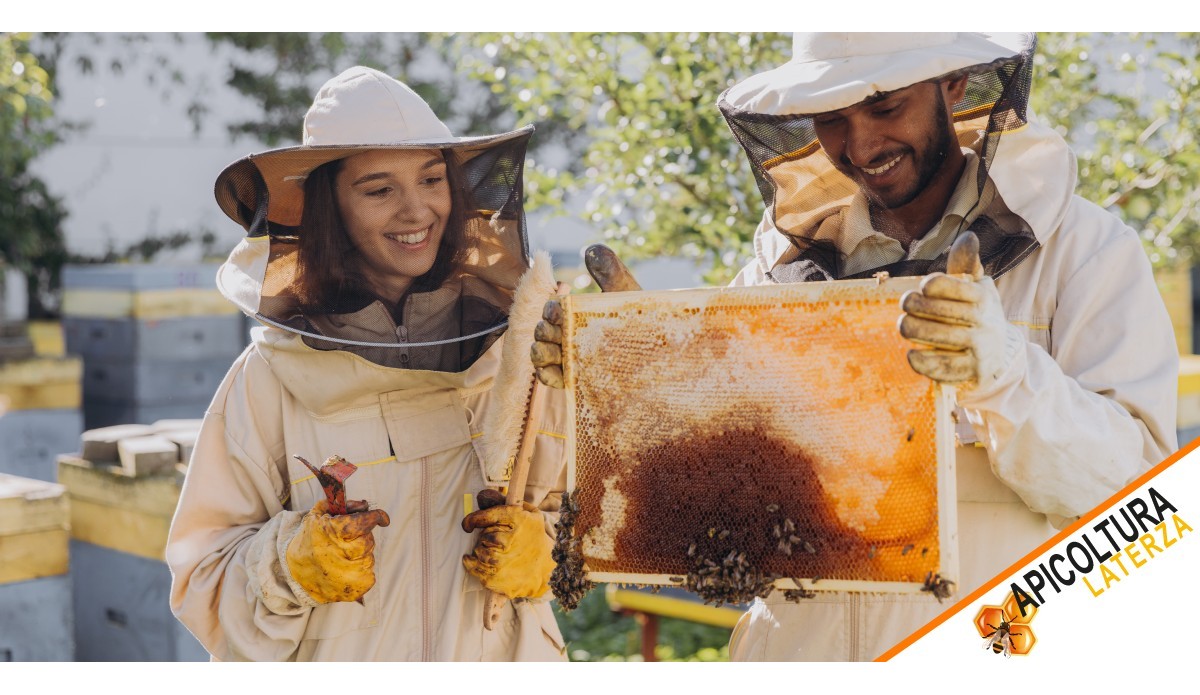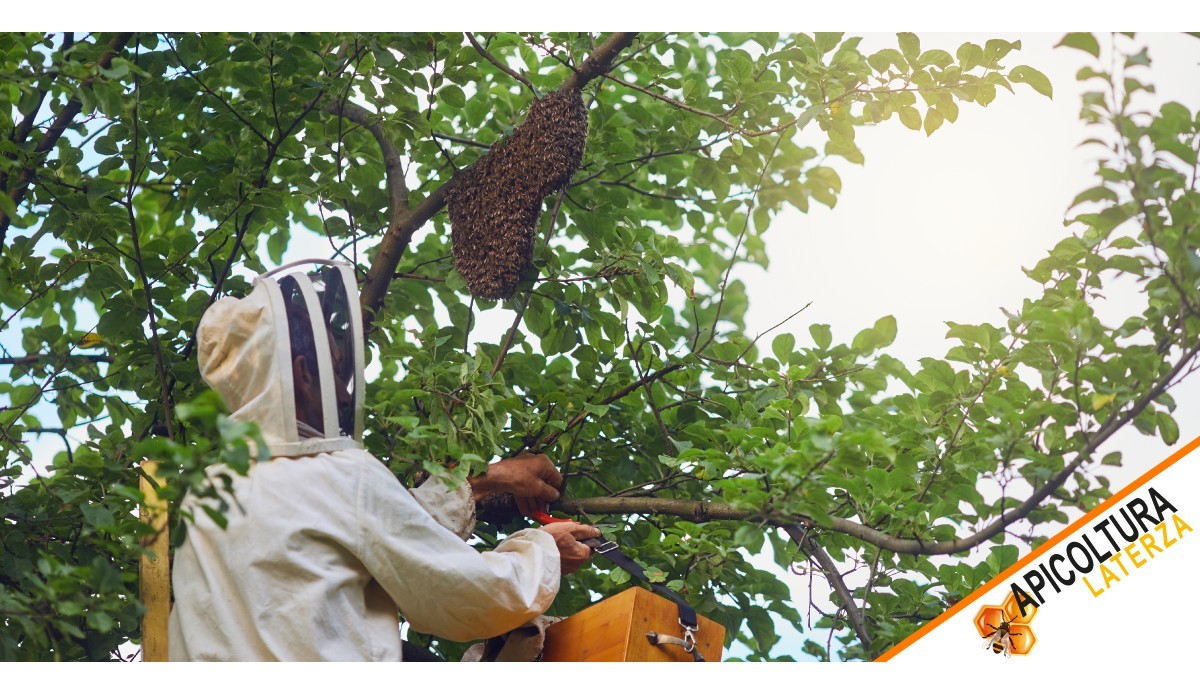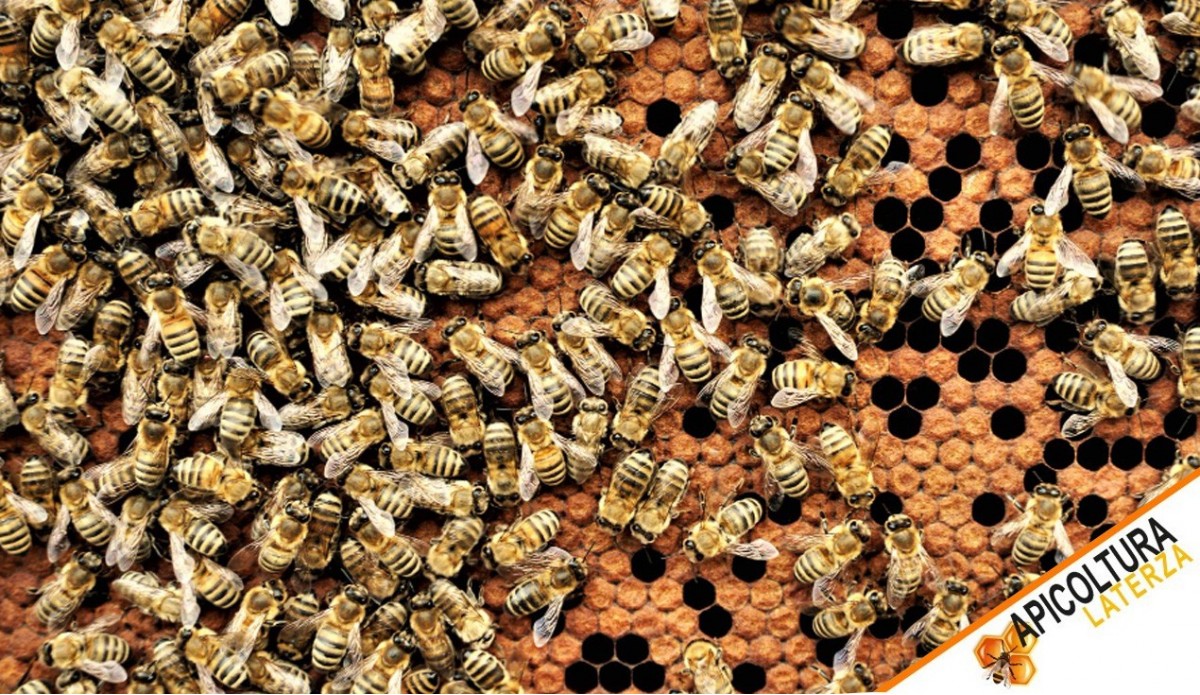Honey for Cough: Which One to Choose

In both medical circles and folk tradition, honey has long been considered a valuable natural ally for treating coughs. Properties and benefits.
Its effects are also confirmed by modern scientific research, which highlights its ability to soothe coughs, relieve cold symptoms, and help clear the respiratory tract naturally, thanks to its unique composition of active ingredients, natural sugars, enzymes, minerals, and vitamins.
In both medical circles and folk tradition, honey has long been considered a valuable natural ally for treating coughs. Properties and benefits.
Its effects are also confirmed by modern scientific research, which highlights its ability to soothe coughs, relieve cold symptoms, and help clear the respiratory tract naturally, thanks to its unique composition of active ingredients, natural sugars, enzymes, minerals, and vitamins.
Apicoltura Laterza, a family-run business producing quality artisanal honey for generations, guides you through natural cough remedies, helping you understand which honey to choose, how to take it, and how often, to gain the maximum benefit.
Why is Honey Good for the Throat?
One of the most frequently asked questions is: Is honey good for the throat? The answer is definitely yes. Honey acts on the throat mucosa by creating a protective film that calms the cough, reduces irritation, and stimulates saliva production, which helps alleviate dryness or inflammation.
Among its best-known properties:
-
Soothing effect: softens irritated mucous membranes.
-
Antibacterial action: especially in honeys rich in hydrogen peroxide or flavonoids.
-
Antioxidant function: combats oxidative stress.
-
Immune-stimulating action: thanks to its active ingredients and vitamins.
Which Honey Is Best for Cough? A Guide to Choosing
Not all honeys are equally effective. If you're wondering which honey is best for coughs, you need to distinguish between dry cough, productive cough, and the presence of phlegm. Let’s break it down.
For Dry Cough
In cases of dry, irritating cough without secretions, the best honey types are:
-
Acacia honey: very mild, ideal for both children and adults.
-
Wildflower honey: well tolerated, with a moisturizing effect on the throat.
So, if you’re wondering which honey for dry cough, these two are the best choices.
For Productive Cough and Phlegm
When the cough is accompanied by mucus, the honey should have a fluidifying effect:
-
Chestnut honey: helps break down phlegm and stimulate its removal.
-
Eucalyptus honey: aids in clearing the airways and has a balsamic effect.
Thus, honey for cough and phlegm becomes a valid aid to reduce inflammation and promote healing.
Milk and Honey for Cough: A Classic Yet Effective Remedy
The combination of milk and honey for cough is a grandmother-approved classic. Milk, especially when warm, has soothing properties and helps dissolve thick secretions.
Warm Milk and Honey for Phlegm
In cases of stubborn mucus, a cup of warm milk with honey before bedtime can lead to a calmer, uninterrupted night.
Milk and Honey for Sore Throat
This mix is also effective for sore throats. The honey, combined with the warmth of milk, soothes coughs and reduces burning or discomfort.
Combined Remedies: Chamomile, Honey and Lemon
Another very helpful natural remedy is chamomile with honey for cough. If enhanced with lemon, it becomes the drink “chamomile honey and lemon for cough”, which combines chamomile’s relaxing effects, lemon’s disinfectant properties, and honey’s soothing action.
How to Take Honey for Cough
Many people ask: How should I take honey for a cough and how often?
Here are some recommended methods:
-
Pure: a teaspoon of honey directly in the mouth, 3–4 times per day.
-
In warm beverages: herbal teas or milk.
-
With lemon juice: to sip slowly.
-
As a natural syrup: combined with grated ginger and cloves.
When taken before bed, honey helps reduce nighttime coughing.
When Can Honey Cause Discomfort?
A common curiosity is why honey might burn in the throat. This can happen due to gastroesophageal reflux or the presence of irritants like residual pollen in raw honeys.
In most cases, the burning is not a danger signal, but it should be monitored, especially if persistent.
Honey as a Remedy for Tracheitis
Natural remedies with honey for tracheitis. Tracheitis is an annoying inflammation of the airways. Honey is one of the most effective natural remedies, especially when combined with essential oils like pine or eucalyptus. It offers both soothing and antiseptic effects, capable of calming the cough and aiding recovery.
The Best Honey for the Throat? It Depends on the Symptom
To the question “What’s the best honey for the throat?” there is no one-size-fits-all answer. The choice of honey depends on the symptoms:
-
For dry cough: acacia honey.
-
For wet cough or phlegm: chestnut or eucalyptus honey.
-
For throat irritation: wildflower or thyme honey.
-
For sore throat: mild yet rich honeys, such as citrus honey.
So, if you’re looking for the best honey for sore throat and cough, the answer lies in the combination of personal taste, tolerance, and medical purpose.
Eating Honey: A Healthy Habit Even Outside Seasonal Illness
Eating honey isn't only beneficial during coughs or sore throats; it's also a smart choice as part of your daily routine. Thanks to its natural composition, honey provides ready-to-use energy, antioxidants, and numerous active ingredients that support the immune system.
Taken at breakfast—on wholegrain bread or in yogurt—it helps start the day with energy. Unlike refined sugar, honey contains traces of vitamins, enzymes, and minerals, making it a more complete and natural sweetener.
However, even in a healthy diet, moderation is key: it is recommended to consume honey in small amounts, considering its caloric content. One teaspoon a day is enough to enjoy its benefits without overdoing the sugar intake.
Conclusion
Honey for cough is a natural, effective, and accessible remedy for everyone. Rich in vitamins. Using it correctly—pure, in infusions, or combined with other natural ingredients—allows you to obtain real benefits.
At Apicoltura Laterza, we select only pure, unpasteurized honeys, ideal for soothing coughs, relieving sore throat symptoms, and helping the body fight pathogens gently yet effectively.
Whether you choose honey for dry cough, wet cough, or phlegm, always trust in quality and tradition: nature has already thought of everything.

